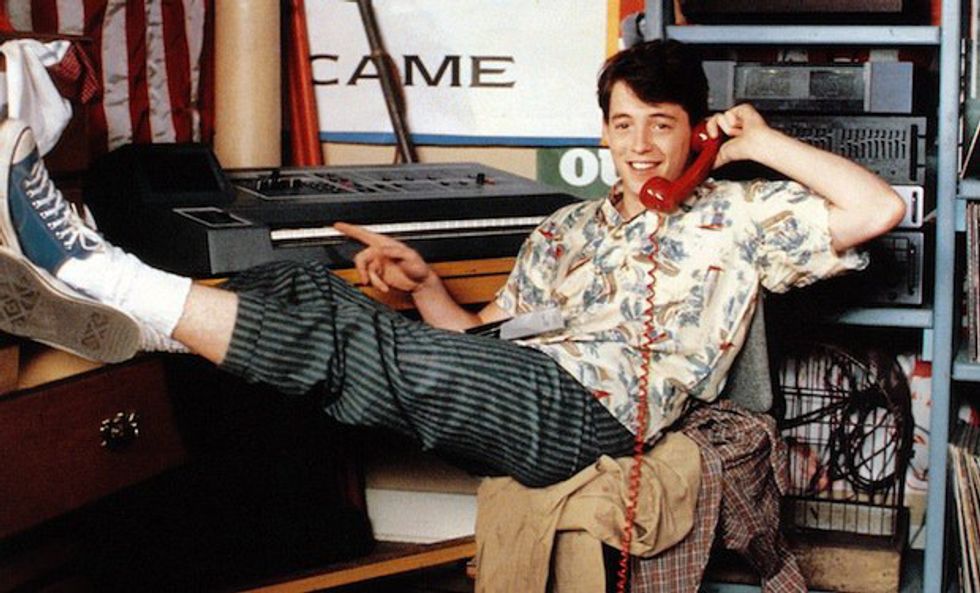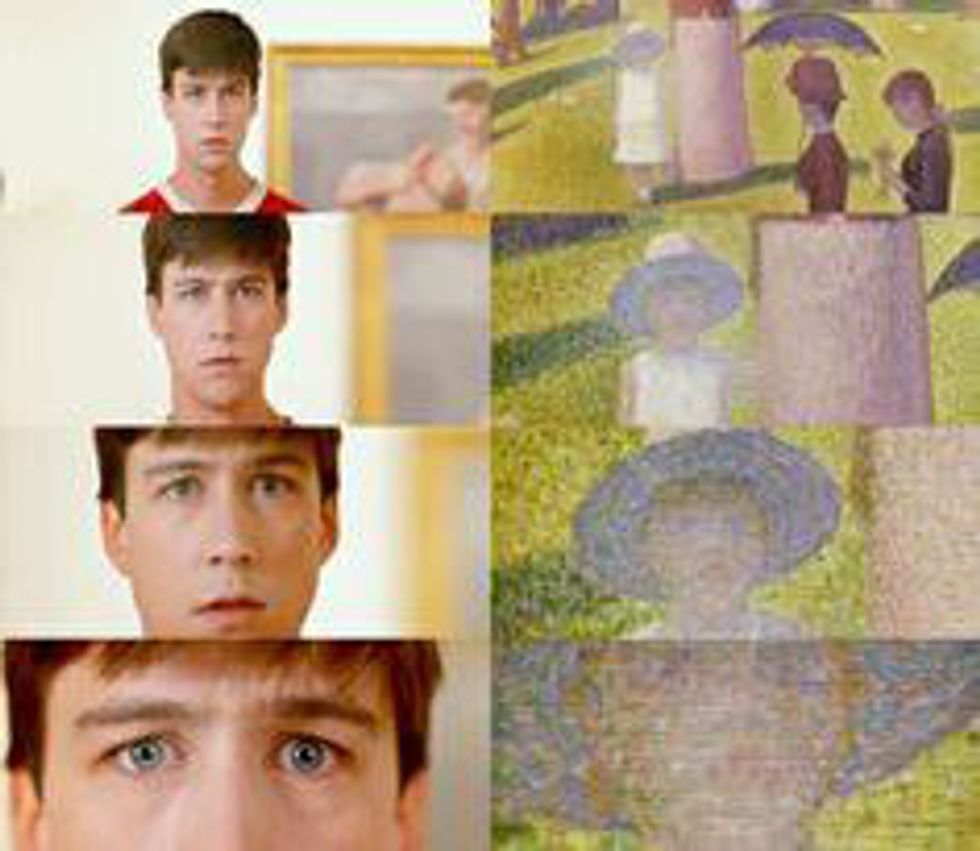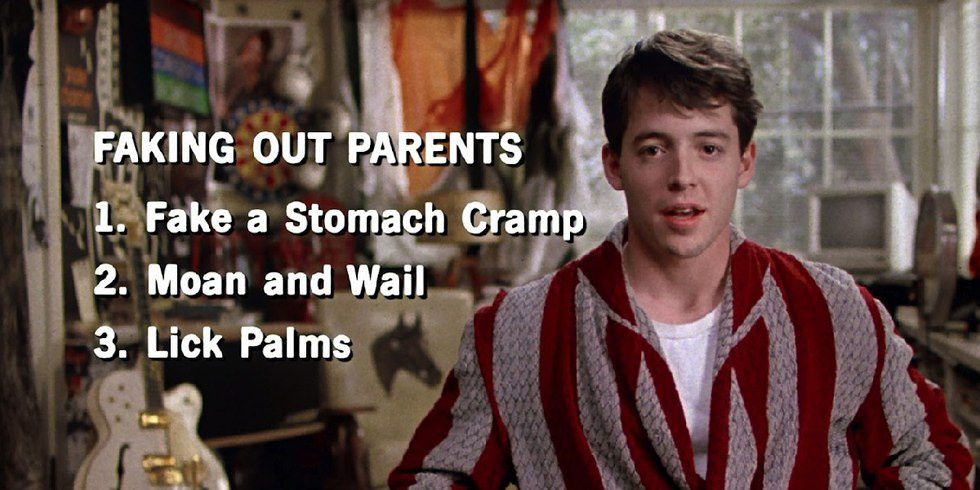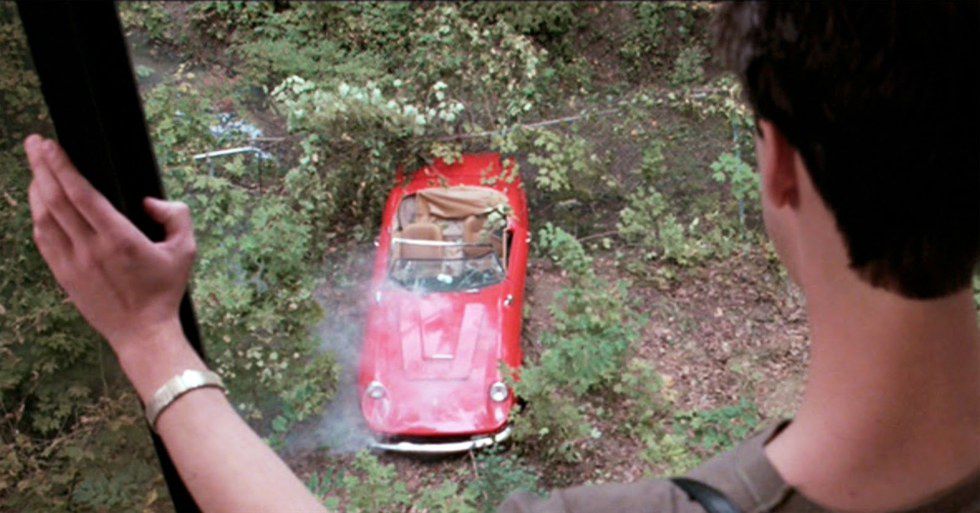The 80s wouldn't have been the 80s without film director John Hughes.
Hughes was a master of his genre. His 80’s teen movies are iconic, revered for their sympathetic portrayal of adolescence and the hardships that it entails. Hughes’ films tend to interact with the common experiences of teenagers: Feeling misunderstood, parent troubles, blossoming romance and identity. "Ferris Bueller’s Day Off" certainly touches on many of these points, but often with a comedic edge. This film wrestles with serious issues, but does so through the charming and funny title character. Ultimately, the reason people watch "Ferris Bueller" is for the charismatic characters who seem to be fountains of youthful wisdom.
Ferris Bueller, played by Matthew Broderick, effortlessly guides the viewer through his perspective on life. Parents are well intentioned but clueless, school is boring and -isms are for the stodgy. Bueller monologues his opinions with all the surety of a high schooler.
His girlfriend Sloane, played by Mia Sara, is beautiful and suave. She is the perfect counterpart to Cameron, Alan Ruck’s character.
Alan Ruck arguably gives the best performance of the film, highlighted in the scene where Cameron impersonates Sloane’s father. His facial expressions, vocal flexibility and physical acting are telling of a mature and confident actor.
Ferris Bueller contains several scenes with notable cinematography. The art museum scene is shot especially well, as the protagonists escape the hustle and bustle of the city. We see the art from their perspective and sense that they are pondering a deeper meaning to their existence as they interpret the Picassos and Pollocks. Sloane and Ferris stand in front of a stained glass window, their faces silhouetted against the blue glass, making a beautiful shot. Meanwhile, we see the back of Cameron as he stares at "A Sunday on the Island of La Grande Jatte." He stares at a mother and child in the painting, and the camera progressively gives closer and closer shots of the child until it is all a blur. This camerawork shows Cameron’s longing for his mother and also his fear of losing himself in ambiguity.
The format of "Ferris Bueller’s Day Off" is just as sophisticated as its protagonist. The main character often breaks the fourth wall and monologues directly to the camera. This technique was not widely used in the 80s, especially in teen films, and it gives "Ferris Bueller" a mature edge. The use of diegetic music, especially in the parade scene, is thoroughly enjoyable.
Although "Ferris Bueller" may just seem like a light hearted teen comedy, it also explores some deeper elements of identity, materialism and generational disconnect.
These themes are largely embodied by Cameron and his relationship with his father. Cameron demonstrates a deep anxiety towards life. He has not yet learned to stand up for himself. He feels distant from his father. It seems that his dad is more interested in materialism (exemplified by his red Ferrari) than in his own son. Ferris, Cameron and Sloane’s disenchantment with their parents (and adults in general) is reminiscent of Jim and Judy in "Rebel Without A Cause."
"Ferris Bueller's Day Off" is timeless because it speaks for teen angst and disillusionment transcending generations. It also knows the difference between wit and cheap humor, which is atypical for many teen comedies. Hughes finds the perfect balance between youthful cynicism and adolescent innocence in this compulsively watchable film.

























